Table of Contents
Factors on Which the Effects of Public Debt Depend:
The effects of public debt depend upon such factors as the sources of loan funds, the purpose for which borrowing is done, the terms and conditions under which the debt is floated, the volume of the existing public debt, the interest rates, the types of loan employed and the general economic condition of the community.
Effects of Public Debt and the Sources of Borrowing:
The government may borrow from individual investors, financial institutions, commercial banks, the Central Bank of the country, and from abroad.
The effects of domestic borrowing are quite different from that of foreign borrowing. In internal borrowing, there is no increase in the total quantity of resources available for use. Rather, it is a method to enable the government to command more domestic resources. Borrowing from individuals and financial institutions is simply a transfer of resources from private to government use. Individuals purchase government securities by diverting their current or previously accumulated savings and instructions after reducing their cash balances. So the above transfer of resources from individuals or institutions does not create any expansionary effects on the economy. However, it creates expansionary effects only when the government activized individuals’ idle savings. Besides, borrowing from commercial banks and the Central Bank will also produce such an effect due to an increase in additional purchasing power, as a result of credit expansion.
Effects of Public Debt and the Purpose of Borrowing:
The effects of public debt also depend on the purpose for which the debt is created. If borrowed funds are used for wasteful expenditures, which will not create any social assets then borrowing is indefensible as are the welfare expenditures. Further, the interest rates have a bearing on the cost of borrowing and consequently upon the banking system, individuals and corporate investment, and economic conditions in general. The higher the interest rate on borrowing funds, the stronger the pull on funds from competing investments. A serious diversion of funds from marginal enterprises would tend to cause the latter’s failure and this, in turn, would affect production and other economic processes, market prices, and once again the interest rates. If the government attaches the feature of tax exemption to their loans, this will tend to encourage the purchasing of their securities and place the private borrowers at a disadvantage in obtaining funds. Hence, it can be said that the government’s credit policies may affect private enterprises and individuals to their advantage or disadvantage.
Effects of Public Debt and the Amount of Loans Obtained:
The effects of public debt also depend on the amount of loans obtained and the term on which the loan is floated in the market. “The larger the loan is, the more palpable will be its effect on the economic system tend to be. If governments employ borrowed funds more productively than a private enterprise would, the social income is increased, but if they use this fund less productively the social income suffers.” Further, if the loan is available on soft terms, that is for a longer period and at a low rate of interest, it will be more beneficial for society.
However, it is to be kept in view that the volume of the existing debt or the creation of new debt alone does not condition the effects. The composition, maturity pattern, and ownership have their own parts to play. General economic conditions should also be taken into account. Heavy government borrowing during boom periods may accentuate the rise of propensity by its inflationary effects, while borrowing at the end of the depression or at the beginning of recovery may help to promote recovery.
It should also be kept in mind that the effects of State expenditure financed by public borrowing are different from those of expenditures financed by taxation while accruing funds through taxation implies a reduction in the income of individuals, but expenditures financed by borrowing mean only a transfer of resources from one hand to another. Usually borrowing does not curtail private consumption, and as a result, has an expansionary effect, whereas taxation does not produce contractionary effects by reducing the consumption level.
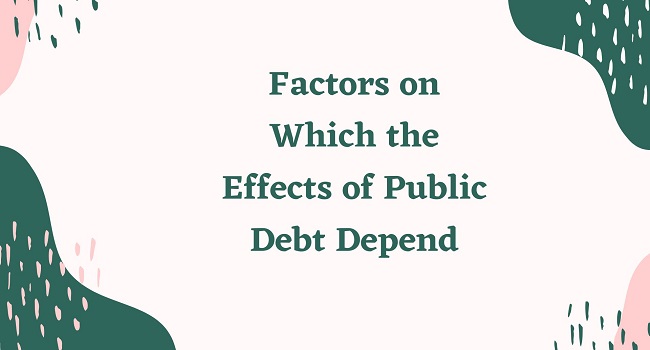

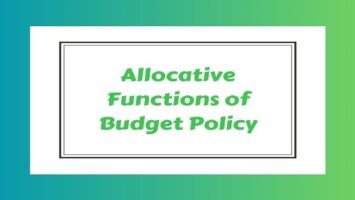


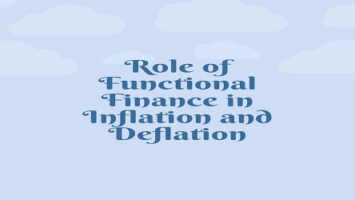

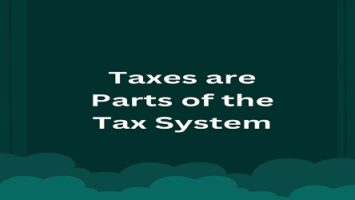
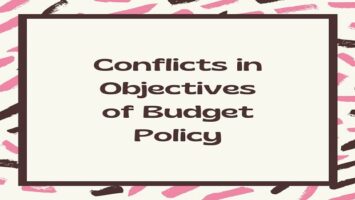
Comments (No)